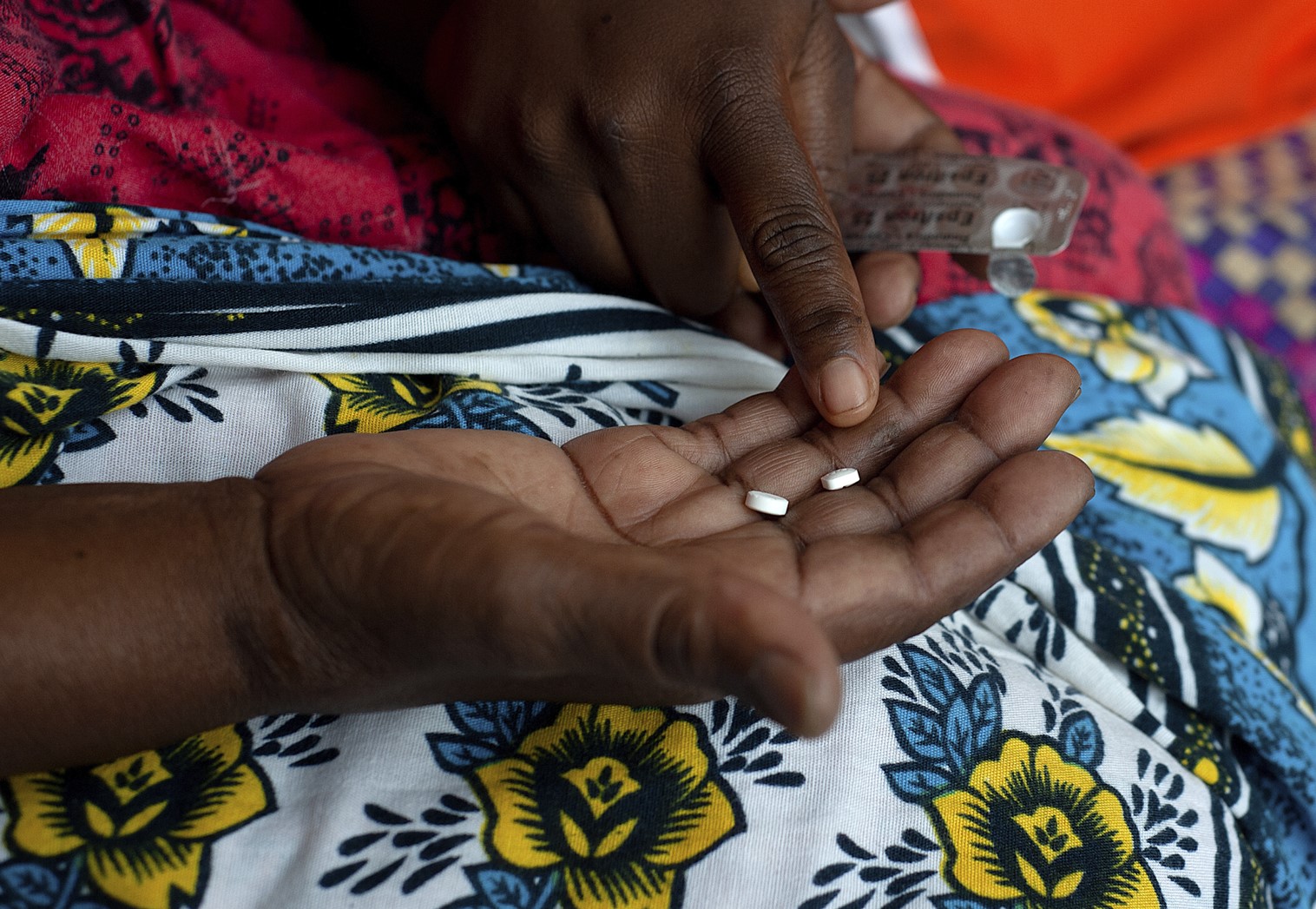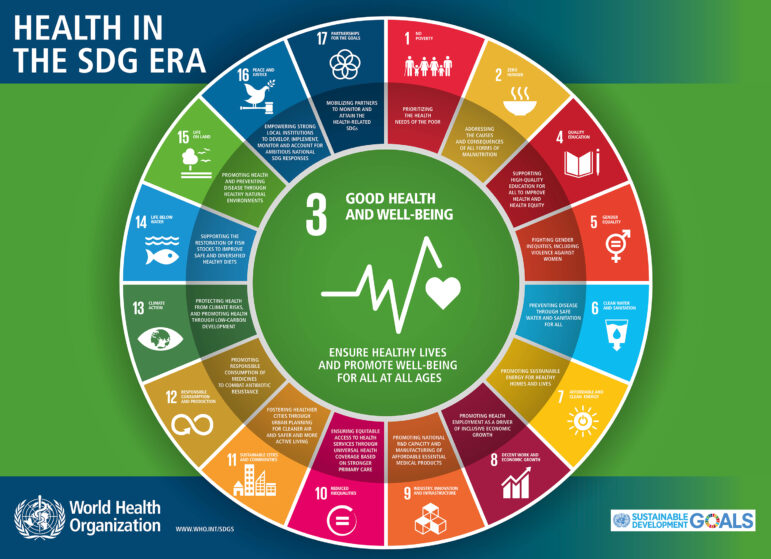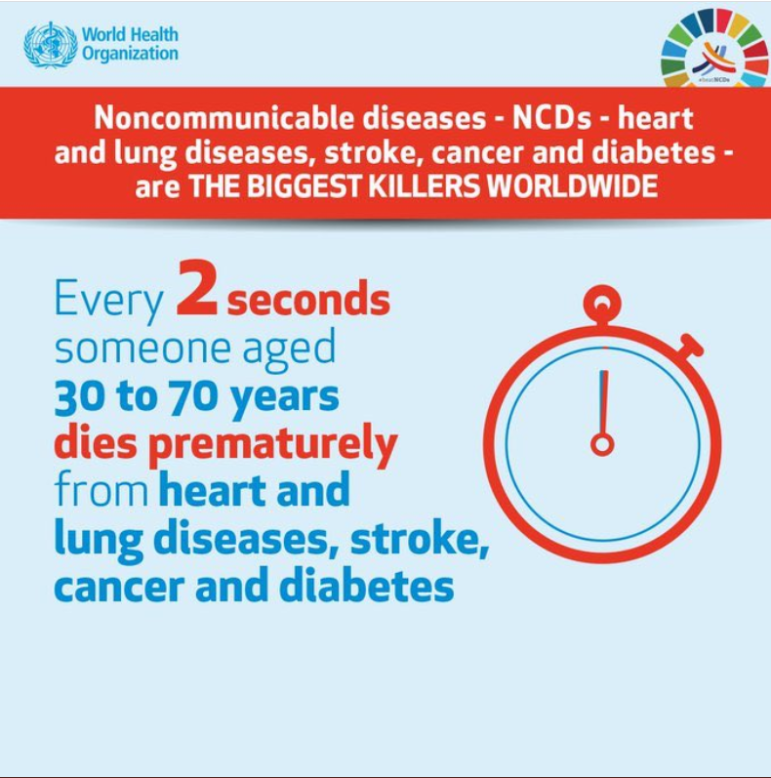Who We Are
Overview
The global, multisectoral Coalition for Access to NCD
Medicines & Products was launched in 2017.
This Coalition of government agencies,
private-sector entities, nongovernmental organizations, philanthropic
foundations, and academic institutions is dedicated to increasing access to
medicines and health products for noncommunicable diseases (NCDs) to reduce the
impact of diseases such as diabetes, hypertension, and cardiovascular disease. Through technical
support, advocacy, and resource mobilization, the Coalition works with
ministries of health to address barriers and identify opportunities to
strengthen forecasting, supply chain management including procurement, storage
and distribution, as well as rational use of needed products. The
Coalition has over 20 members and benefits from a technical advisory committee
of experts from organizations such as the WHO, Access to Medicines Foundation, Yale
University, and the Healthy Caribbean Coalition.
The multisectoral membership has a comprehensive strategy
oriented to achieve global, regional and national impact and together
contribute to WHO’s target of 80 percent availability of the affordable basic
technologies and essential medicines, including generics, required to treat
major NCDs in both public and private facilities.
How it works
The Coalition builds on existing initiatives and innovations to identify and remove barriers to access to NCD medicines and products. The Coalition is committed to providing an inclusive, neutral convening space that creates new opportunities and complements existing initiatives, where varied perspectives and technical expertise drive innovative solutions. It enables like-minded institutions to come together to achieve objectives shared across sectors, raise the profile of key issues, and leverage the range of skills and expertise of members to improve access to health commodities.
Coalition Objectives:
- Strengthen supply chain and health systems as needed to increase access to affordable quality-assured NCD medicines and products in low- and middle-income countries (LMICs);
- Influence policy change at global and national levels to establish an enabling environment for NCD supply security; and
- Foster cross-sectoral collaboration to improve access to affordable NCD medicines and products
Coalition members with core expertise lead four workstreams to drive implementation of activities at the global and national levels: (1) supply chain strengthening; (2) financing and costing; (3) capacity building; and (4) advocacy. The work builds on program efforts by PATH and other founding members, who have been laying the groundwork for several years, beginning in 2014 with the launch of the ‘No Empty Shelves: Diabetes Supplies, There When Needed’ project; the release of a Global Landscape Report alongside the United Nations General Assembly in 2015 (UNGA 70); a global call to action; and roundtables and presentations alongside UNGA 71, UNGA 72, UNGA 73, and the 69th and 70th World Health Assemblies in 2016 and 2017, respectively.
Why This, Why Now
NCDs are the number one cause of death and disability worldwide, forcing more than 100 million people in low-resource settings into poverty annually. We can reduce premature morbidity and mortality from NCDs by using innovation and existing technologies to increase access to NCD prevention and care. However, the current availability of NCD medicines and products falls short of what is needed to achieve this.
Approximately 74 percent of NCD-related deaths occur in LMICs¹. The World Economic Forum estimates that by 2030, NCDs will cost LMICs US$14 trillion². Prevention and effective treatment are critical and within reach. We must identify and address barriers to access to NCD medicines and products, strengthen supply chains, control the risk of interruptions or delays, and efficiently get products to those who need them. Moreover, addressing NCDs and providing access to quality-assured, affordable NCD medicines and products are key components of the global drive to attain universal health coverage, which will allow people to access basic health services without incurring financial hardship.
Global health coalitions have successfully strengthened supply security in other disease areas through technical support, advocacy, and resource mobilization. The need for such concentrated and coordinated action for NCDs is clear. The global community recognizes that improved access to NCD medicines and products is critical to reduce the impact of diabetes, hypertension, and other NCDs on individuals, families, and economies as evidenced in the World Health Organization’s Global Action Plan, which calls for 80 percent availability of affordable basic technologies and essential medicines by 2025. Additionally, the Sustainable Development Goals include NCDs, and the third United Nations High-level Meeting on NCDs in 2018 represented an important milestone to keep NCDs on the global agenda
¹World Health Organization. Global Status Report on Noncommunicable Diseases 2010. Geneva; World Health Organization; 2010.
²Bloom DE, Cafiero ET, Jané-Llopis E, et al. The Global Economic Burden of Non-communicable Diseases. Geneva: World Economic Forum; 2011.
WHAT MAKES THIS COALITION DIFFERENT
The Coalition complements and bolsters the work of other NCD initiatives and is unique in its focus on (1) a multisectoral comprehensive strategy, (2) increasing access to NCD medicines and health products, and (3) providing technical and advocacy expertise at the national, regional, and global levels. All sectors have an equal voice and equal vote.



